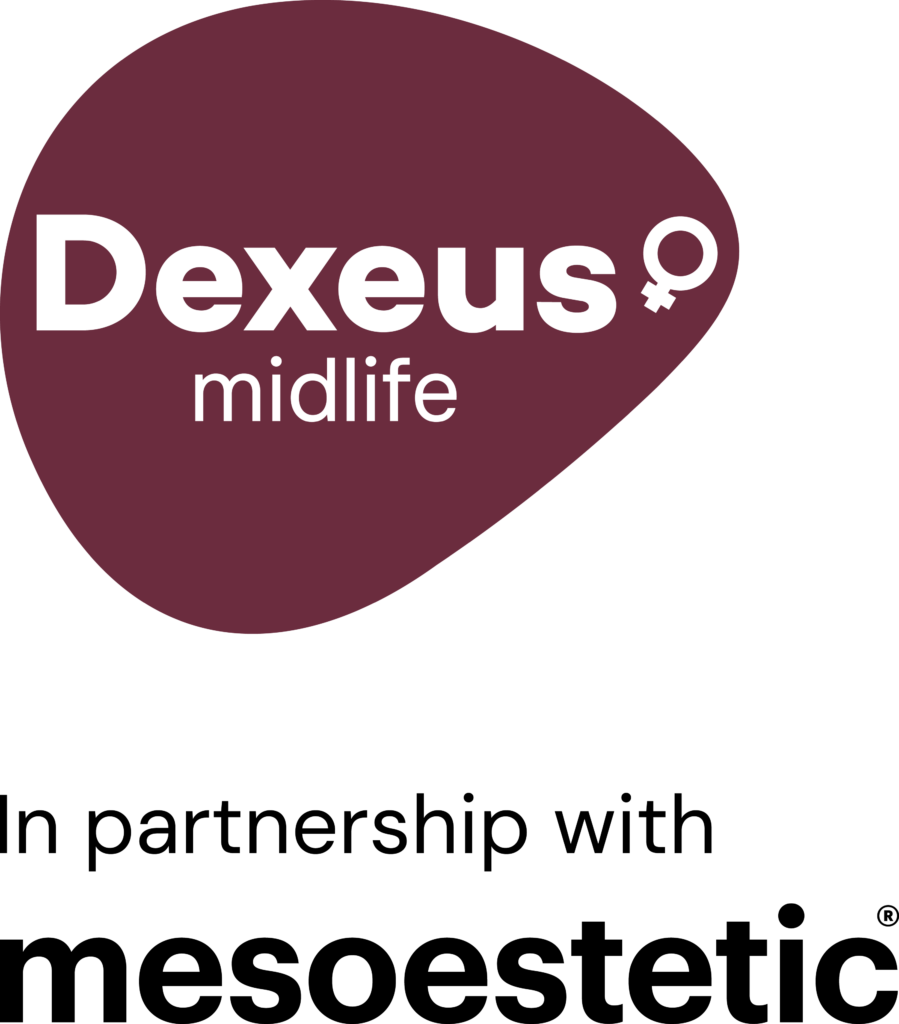Hormone replacement therapy (HRT) began to be used decades ago, but a US study published 20 years ago associated its use with an increased risk of breast cancer and cardiovascular health problems. These findings meant it fell out of use. However, this study was conducted in women with an average age of 63 without factoring in whether they had other health problems. Plus it was not designed to assess the risk-benefit impact of hormone therapy on treating menopause symptoms but rather to determine the preventive effect of hormone therapy for chronic diseases.
Nowadays, national and international medical and scientific societies support the safety and efficacy of HRT, although they say that its use should be assessed on an individual basis.
Each case has to be studied and the medical record, family history and personal circumstances of each woman need to be carefully considered before deciding whether it can be useful, when to start, what hormone dose is correct at any given time and when it is advisable to change or discontinue the therapy.
Its use is generally not recommended after the age of 60 or more than 10 years after the last menstrual period because in these cases it might increase the risk of cardiovascular disease. However, this does not apply to vaginal hormone therapies.
What it is
It involves replacing the hormones that your body no longer produces. HRT usually combines oestrogen and progesterone or derivatives in low or very low doses. If you do not have a uterus, only oestrogens are usually prescribed.
Treatment is always prescribed on an individual basis depending on the predominant symptoms, the patient’s age and family and personal history. The combination and dosage which might be most beneficial in each case is then decided.
It can be administered systemically or locally.
- Systemic hormonal therapy
It usually contains a higher dose of oestrogen that is absorbed throughout the body. It can be administered orally as tablets or through the skin with patches, creams or sprays.
- Vaginal products
They are applied locally as creams, gels or rings. Vaginal preparations usually contain a lower dose of oestrogen and are used to treat the symptoms of genitourinary menopausal syndrome.
- Dosage and time of use
The dosage and time of use should be titrated to the individual patient and regular checks should be made to assess whether the response is appropriate or if any changes are needed.
Cases in which it may be indicated
- Very frequent or severe hot flushes.
- Night sweats.
- Sleep disorders.
- Genitourinary syndrome: vaginal dryness, itching, burning and discomfort during sexual intercourse that does not disappear with non-hormonal treatments.
- Premature ovarian failure.
- Early menopause: occurring naturally or as a result of surgery involving the removal of the ovaries.
Contraindications
- Hormone therapy is contraindicated in the following cases:
- Hormone-dependent tumours, such as breast or endometrial cancer, because it may increase the risk of recurrence.
- Migraines with aura, as it may also increase the risk of cerebrovascular disease.
- Active liver problems, as they may be aggravated by metabolisation of hormones in the liver.
- Clotting problems, as this may increase the risk of thrombosis.
Side effects
- Side effects of HRT are rare but may include breast tenderness or bleeding. If they occur, they usually happen within the first few months of taking HRT and then settle down over time as the body adjusts to the hormone treatment.
FAQs
Why is HRT not generally recommended?
Because menopause is a normal period in a woman’s life that varies from woman to woman. Many women go through this stage without symptoms or only very mild ones. Others, however, have symptoms which affect their lives.
How can I find out if HRT is right for me?
You should see a gynaecologist specialised in menopause or go to a clinic that has a specific unit to assess you and do a personalised study. It is always essential to be familiar with the patient’s medical history, family history and personal circumstances before deciding whether it can be useful, when to start and what hormone dosage is correct at any given time. Plus follow-up is needed to assess the response and whether it is advisable to change or discontinue the therapy.
It is said to be more effective if it is applied in the early years of menopause; is that true?
When to start it depends on each case. It has been shown that the earlier you begin it the better the quality of life and health benefits, but always within 10 years of your last menstrual period. When it is started after that time, cardiovascular risk increases.
Why does it still generate social disapproval?
Because more information is required to dispel false beliefs and fears. There is also a need for more specialists and specific units that offer specialised care to women who are going through this stage and can advise and support their patients during this process.
What are the benefits of HRT?
In cases where it is indicated, it reduces the future risk of developing heart disease, osteoporosis, diabetes, depression and dementia.
Can it delay menopause?
Using it does not delay menopause. Even when you do use it, you will still go through hormonal change and it has no rebound effect, i.e. if you stop taking it and have menopause-related symptoms, they are symptoms you would have had even if you had never done HRT.
Discover the experiences of our patients
I recommend it 100%
“Lorem ipsum dolor sit amet, consectetur adipiscing elit. Curabitur consectetur euismod tellus, vel pretium nulla. Vestibulum lobortis venenatis erat vel rhoncus. Phasellus volutpat tortor vitae nisl pharetra tristique. Sed ac nisi congue, posuere felis tincidunt, consequat risus. “
Carmen Rodríguez, Barcelona

